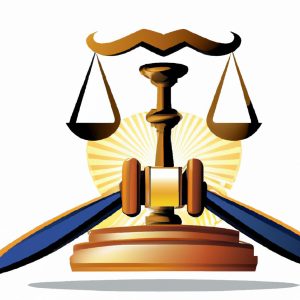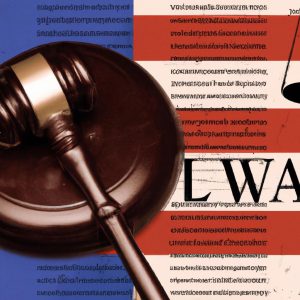Introduction
When a loved one passes away, the distribution of their assets and property often comes into focus. One common misconception is that the oldest child inherits everything. However, inheritance laws are complex and can vary significantly depending on the jurisdiction and individual circumstances. In this blog, Morgan Legal Group PLLP, a reputable law firm located in New York City, will explore inheritance laws and the rights of the oldest child. We aim to provide you with a comprehensive understanding of the intricacies involved in estate distribution.
Intestacy and the Role of State Law
When a person passes away without a valid will, their estate is considered “intestate.” In such cases, state law governs the distribution of assets among heirs. It is important to note that intestacy laws vary from state to state, and New York’s intestacy laws are no exception.
1. The Importance of Estate Planning
Creating a comprehensive estate plan is the best way to ensure that your assets are distributed according to your wishes. With an estate plan, you can designate beneficiaries, distribute assets, appoint guardians for minor children, and protect your family from unnecessary legal disputes.
2. Intestacy Laws in New York
In New York, if a person dies without a will, the estate will be distributed among surviving relatives, following a statutory order of priority.
Understanding the Right of the Oldest Child
Contrary to popular belief, the oldest child does not automatically inherit everything under intestacy laws. Instead, New York’s intestacy laws prioritize the surviving spouse and descendants. The rights of the oldest child and other siblings will depend on the specific family structure and the presence of other surviving relatives.
1. Spouse’s Rights
Under New York intestacy laws, if a spouse survives the decedent but has no children or parents, the surviving spouse inherits the entire estate.
2. Children’s Rights
If a spouse and children survive the decedent, the surviving spouse will inherit the first $50,000 of the estate’s value and 50% of the remaining estate. The remaining 50% will be divided equally among the children.
3. The Right of the Oldest Child
The oldest child has no preferential rights over other siblings under New York’s intestacy laws. All children, regardless of birth order, have an equal right to their share of the estate when there is no will.
Challenges and Disputes in Intestate Estates
In intestate estates, conflicts and challenges can arise, especially when it comes to asset distribution among siblings. Some common issues include:
1. Disputes over Assets
Siblings may disagree on the division of specific assets, such as family heirlooms or sentimental belongings.
2. Guardianship for Minor Children
If the parents of minor children pass away without naming a guardian, family members may contest the guardianship.
3. Stepfamily Complexities
Intestacy laws may not adequately address the complexities of stepfamilies, leading to potential disputes.
The Importance of Estate Planning for Fair Distribution
Creating a valid will is essential for ensuring your assets are distributed according to your wishes. Estate planning allows you to:
1. Designate Beneficiaries
You can specify who will inherit your assets, including children, grandchildren, siblings, and other loved ones.
2. Appoint a Guardian
Estate planning allows you to appoint a guardian for minor children, ensuring their care is entrusted to someone you trust.
3. Protect Assets from Creditors
You can protect your assets from potential creditors and legal claims by incorporating certain estate planning tools.
4. Plan for Taxes
Estate planning can help minimize estate taxes and protect your estate from unnecessary tax burdens.
How an Experienced Estate Planning Lawyer Can Help
Seeking the guidance of an experienced estate planning lawyer can be invaluable in the following ways:
1. Creating a Tailored Estate Plan
A lawyer will help design an estate plan that aligns with your specific wishes and needs.
2. Avoiding Intestacy
By creating a valid will, you can avoid intestacy and ensure your assets are distributed according to your plan.
3. Resolving Disputes
An estate planning lawyer can mediate in potential disputes and find resolutions that benefit all parties involved.
4. Reviewing and Updating
An experienced lawyer will regularly review and update your estate plan to reflect any changes in your life circumstances or the law.
Conclusion
In summary, the oldest child does not inherit everything under intestacy laws in New York. Instead, the distribution of assets is governed by the statutory order of priority, which prioritizes the surviving spouse and descendants. It is crucial to create a comprehensive estate plan to ensure that your assets are distributed according to your wishes and avoid potential disputes among siblings. For expert guidance and assistance in estate planning matters, contact Morgan Legal Group PLLP. Our team of experienced estate planning lawyers is dedicated to providing you with the highest level of expertise and support, helping you create a well-crafted estate plan that protects your assets and ensures fair distribution among beneficiaries.






